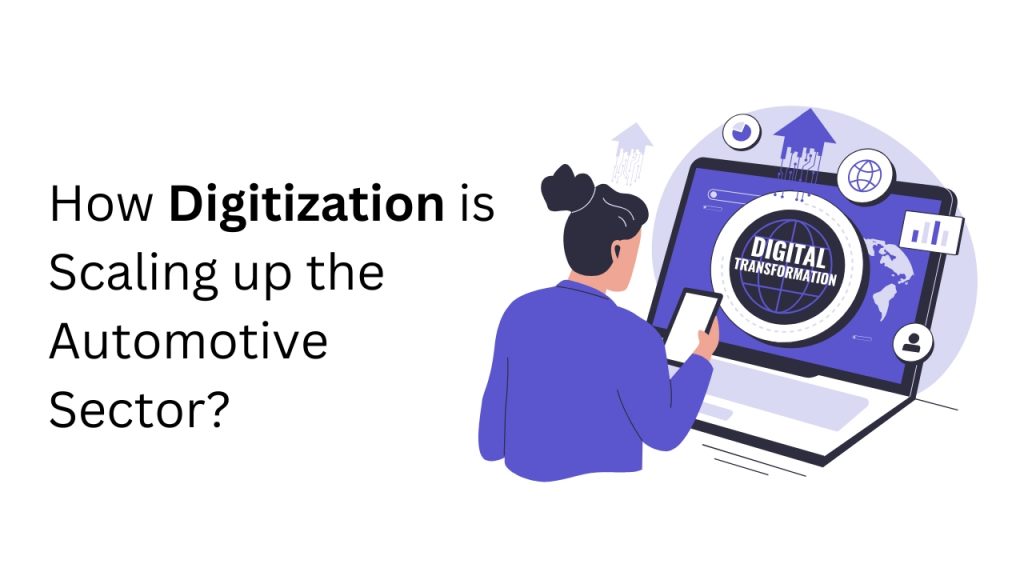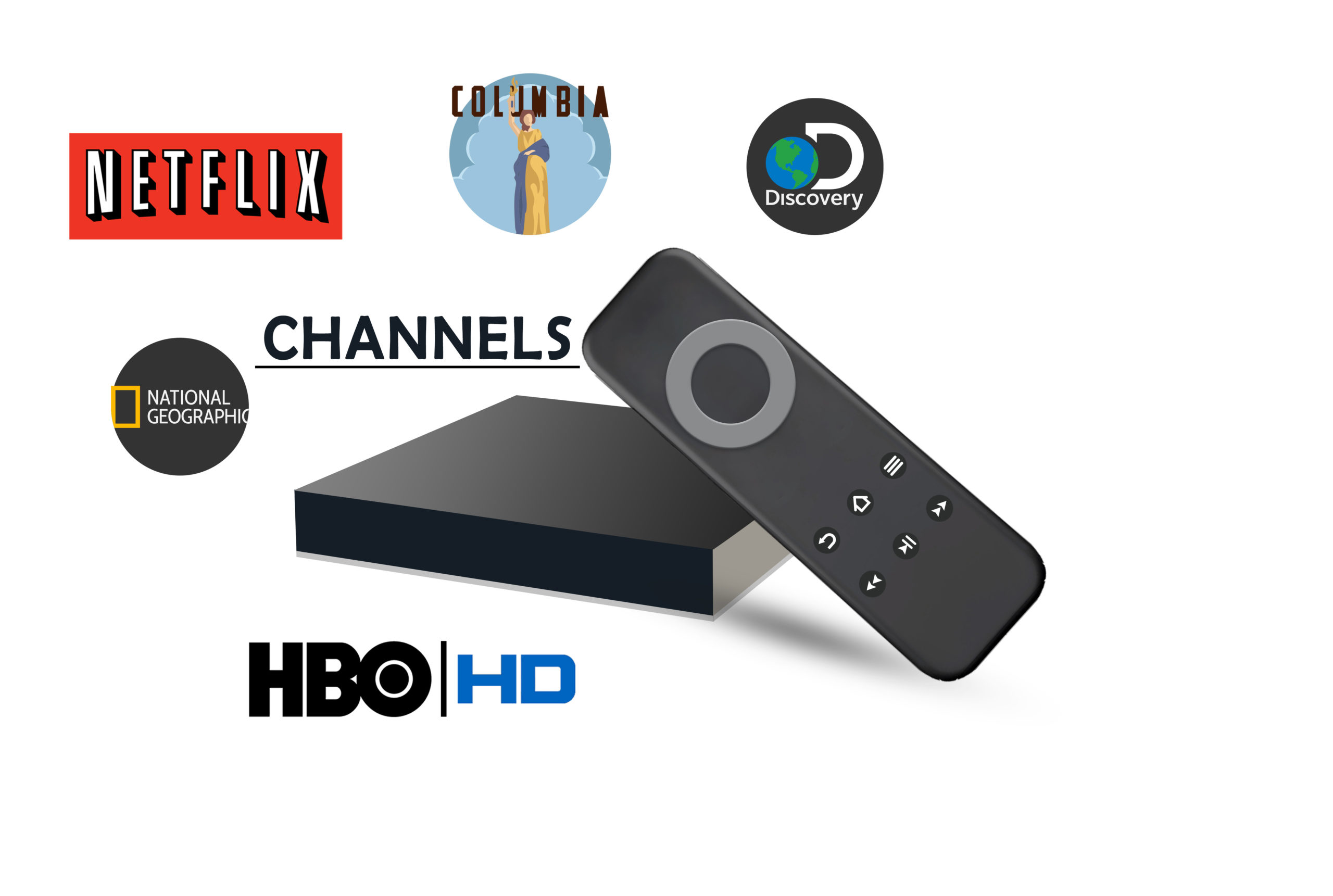Digitization plays an important part in the automotive sector. It has helped companies enhance their competitiveness by setting a strong foundation for future development in the automotive industry. It provides the interior suppliers with required tools that help them stay adaptable and relevant.
By 2020, increasing digitization and advancements in technology will have increased the automotive sector to $82 billion. The automotive sector has realized that it should fulfill customer demands for a digitally enhanced experience while they are researching, purchasing, and using a car.
Likewise, if you take a closer look, you’ll understand that digitization has changed the state of innovation as well as improved the return on engagement (ROE) legitimately stimulating the ROI.
Let’s see how digitization is scaling up the automotive sector in order to improve the customer journey:
1. Analyzing the Customer Decision Journey
After examining the customer decision journey (CDJ), one can easily come to the conclusion that the decision-making process is dependent on community forums and reviews. Therefore, marketers have now begun targeting these touchpoints as necessary decision-making milestones.
Nowadays, buyers rely on the following factors, when it comes to making a purchase decision:
Buying Experience
The nice the buying experience, the better the bond between the customer and the company. And, it is only possible if your company offers pre and post-sale services instead of just high-quality products. The automotive market is focusing more on relevant automobiles, right from the awareness stage to the purchase stage and service part, to enhance driving experiences.
Data-driven Marketing
The biggest challenge faced by the automotive industry is the inability to reach retail store customers. This means that you need to create your own brand presence over various digital platforms to create a powerful brand review and share honest customer reviews as well. Automotive brands who execute data-driven marketing in their marketing strategies will receive the rewards in enhanced customer acquisition and retention, improved customer experiences, and increased revenue.
Constant Change from Online to Offline Sales Experience
When the customer comes into contact with the brand, then comes the most important part. Whether the customer visits the automobile outlet or makes an online purchase, make sure the brand fulfill the expectations of a customer to live up to the brand image.
To make a smooth change from online to offline sales experience, the marketing strategy needs to work closely with the sales mechanism.
2. Data Analytics Powering Disruptive Technologies
Data analytics will enable the vehicles to communicate, collaborate, and explore without human interference for creating data. The vehicles will soon be producing up to 25GB of information consistently. This pool of information will eventually control disruptive technologies, creating various potential outcomes for the players over the entire value chain.
Excellent technology-equipped cars are expected to turn into the ideal specimen of the technological revolution. The uses of these technologies will rehash existing models, transform the ecosystem, and revamp consumer satisfaction.
Industry professionals who create data analysis to invent plans of action, tangibly upgrade customer experience, and make decisions in the information age, will characterize the future control points.
3. Social Media Marketing to Attract Buyers
The improvement and growth in technology reflect proportionally in the ease of availability of social media access to an increasing number of users. In the automotive sector, car manufacturers depend on social media channels to expand their brands.
Studies show that the maximum number of people search for information on online platforms like, YouTube, to acquire everything about their product before making a buying decision. If the automobile is popular on social media channels, it is considered as one of the factors to influence the customers.
People love to spend their time on social channels, for example, Facebook and Twitter, examining which car to purchase and tips related to those cars. Creating your voice for your brand on such platforms will create brand awareness, engage customers, generate numerous potential customers can assist the brand with increasing their image mindfulness by collaborating and associating with them.
Likewise, clients love to peruse audits. In this manner, posting genuine audit or criticisms on Facebook, Twitter, and adding them to different records helps in client commitment and urge them to purchase. Customers love to read as well as post reviews as posting real review or feedback on Facebook and Twitter. Adding them to other accounts can actually boost customer engagement and encourage them to buy, and further helps in building brand reputation.
Connecting the IoT with Automation
As sensors are turning into a common situation in vehicles, the challenge for OEMs and new entrants in the automotive industry is tied in with concocting IoT compatible models. Connected vehicles already hit the roads quieting all security-related inquiries. One of the real advantages of connected automobiles is promptly accessible information about your vehicle’s kinetics.
Enhanced customer experience is considered as the main advantage in IoT integrated automobiles as a successful situation for dealers as well as consumers. The sellers, in this way, get an opportunity to build brand loyalty, whereas consumers get more options of vendors to get more chances to construct brand dependability, while the latter will have more options of products and services to make a choice.
Appropriate execution of IoT capacities will help in the making of an ecosystem where makers, sellers, buyers, or potential customers will be able to approach each other effectively.
Conclusion
As online businesses demand more customer-centric solutions, it’s important for a business to create direct ways for their customers to transform business and increase productivity, driving towards greater ROI. Whether it is through social media channels, IoT, or data analytics, the CMO knows that his customer will take only the easiest and secured path, hence, the need of the hour is to create one.
Suggested:
Redefining Enterprise Management Processes for Operational Efficiency.
Like this:
Like Loading...













 How to Come Up with a Perfect SEO Reporting Guide?
How to Come Up with a Perfect SEO Reporting Guide?
Hi James
I appreciate your detail explanation about how digitization is scaling up all the industries.
Thanks for sharing. it is really helpful article!
Hi James,
Nice post. You have shared a very informative post which is very helpful.
Thanks for sharing, have a good day.